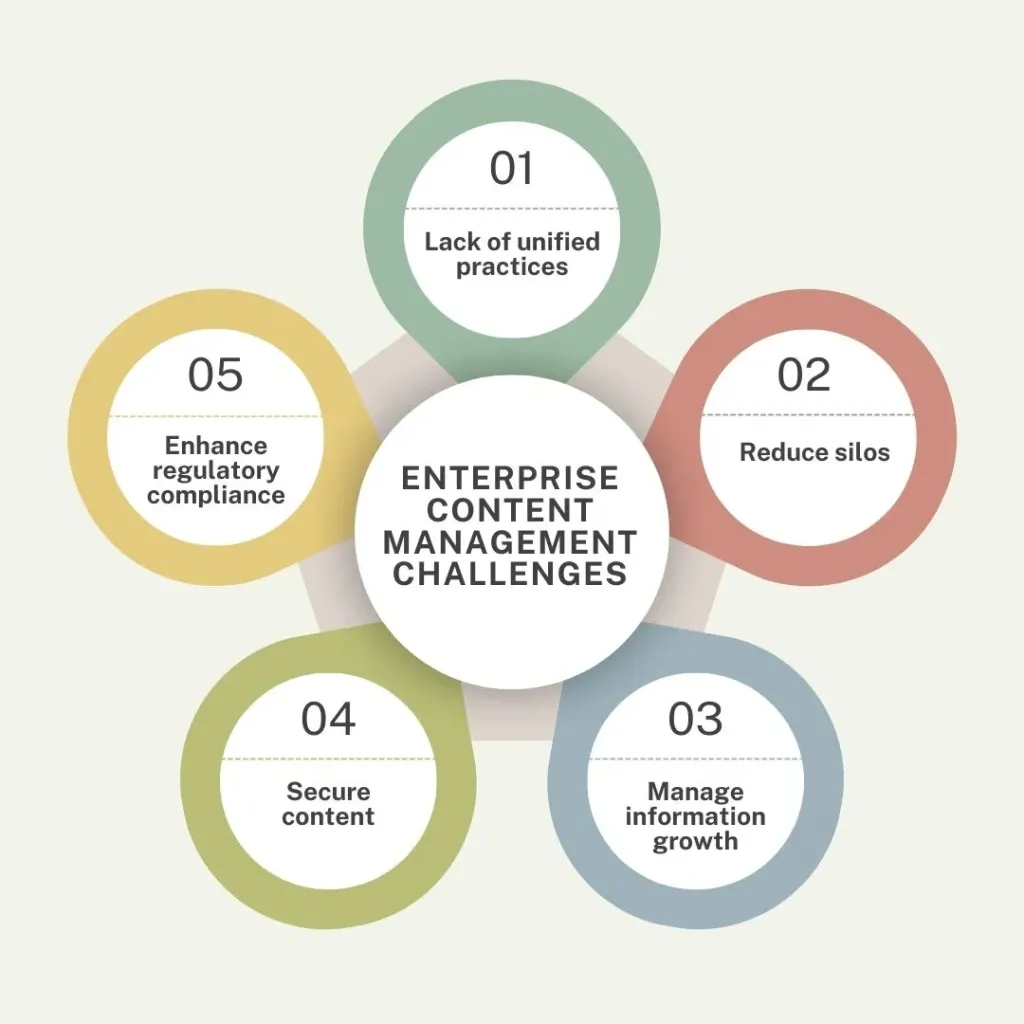Table of Contents
ToggleContent Management
The Key to Efficient Digital Operations
In today’s digital age, content plays a pivotal role in driving engagement, traffic, and conversions. Effective content management is crucial for any business, whether you’re a blogger, an e-commerce site, or a corporate entity. This comprehensive guide will help you understand the importance of content and provide strategies for managing it efficiently to meet your goals.
What is Content Management?
It refers to the processes and tools used to organize, store, and publish content on digital platforms. Whether it’s text, images, videos, or other forms of multimedia, content must be curated and structured effectively to ensure it’s accessible and valuable to your audience.
At its core, content management is about maximizing the value of your content while ensuring it is easy to find, update, and distribute. A well-structured content management system (CMS) can save you time, increase efficiency, and enhance the overall quality of your website’s user experience.
The Importance of Content in Modern Marketing
Content is the backbone of any successful marketing strategy. From blog posts to social media updates, the content you create defines your brand’s voice, attracts visitors, and encourages them to take action. High-quality content also helps improve your website’s SEO ranking by increasing your site’s relevance for specific search queries.
By focusing on content, businesses can establish thought leadership, educate customers, and provide value in a way that resonates with their target audience. In the competitive digital space, content is what helps you stand out.
Key Elements of Effective Content Management
-
Content Creation
The first step is content creation. High-quality content is informative, engaging, and optimized for search engines. Whether you’re writing blog posts, producing videos, or creating social media posts, it’s essential to focus on producing content that aligns with your audience’s needs. -
Content Organization
Organizing your content ensures it is easy to manage and update. By categorizing your content into relevant topics, you can streamline your content management process and provide a better user experience. -
Content Storage and Accessibility
Storing content in an easily accessible format is crucial. Cloud-based solutions and (CMS)can help store and retrieve content efficiently, enabling teams to collaborate seamlessly and access the most up-to-date versions of content. -
Content Distribution
Distributing your content through various channels (website, social media, email newsletters, etc.) ensures it reaches your target audience. The key to content management is not just creating great content but ensuring it reaches the right people at the right time. -
Content Optimization
Optimizing content for search engines ensures that your material is discoverable. Using targeted keywords, maintaining proper keyword density, and ensuring your content is mobile-friendly are just a few ways to ensure your content performs well in search rankings.
Challenges in managing content
While managing content is essential, it does come with challenges. The sheer volume of content generated by organizations can overwhelm teams, especially when the content needs frequent updates. Additionally, without a streamlined process and the right tools, tracking performance and making necessary adjustments can become difficult.
One of the biggest challenges is maintaining consistency. With multiple contributors and various forms of content, ensuring uniformity in style, tone, and messaging is key to building a coherent brand presence. This is where a centralized system can make a significant difference.


How a Content Management System (CMS) Can Help
A (CMS) is an essential tool for managing content effectively. A CMS allows you to store, organize, and publish content without needing technical expertise. Popular CMS platforms like WordPress, Drupal, and Joomla offer user-friendly interfaces, templates, and plugins that make simple and efficient.
By using a CMS, businesses can track content performance, collaborate on edits, and scale their content creation processes. With the right CMS in place, your content management efforts become more organized, efficient, and impactful.
Conclusion: Embrace Efficient Content Management
Effective management is no longer optional—it’s essential for businesses looking to succeed in the digital space. By focusing on high-quality content, organizing it properly, and using the right tools, you can drive traffic, improve engagement, and ultimately achieve your digital marketing goals.
Remember, content is king, and how you manage it can make all the difference. By mastering the principles of management, you’ll set your business on a path to success.
